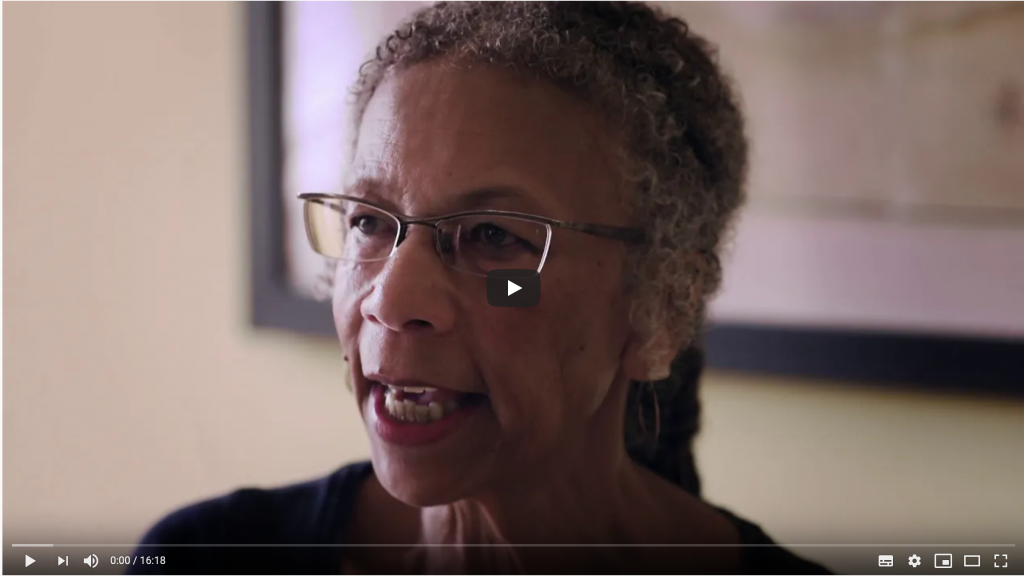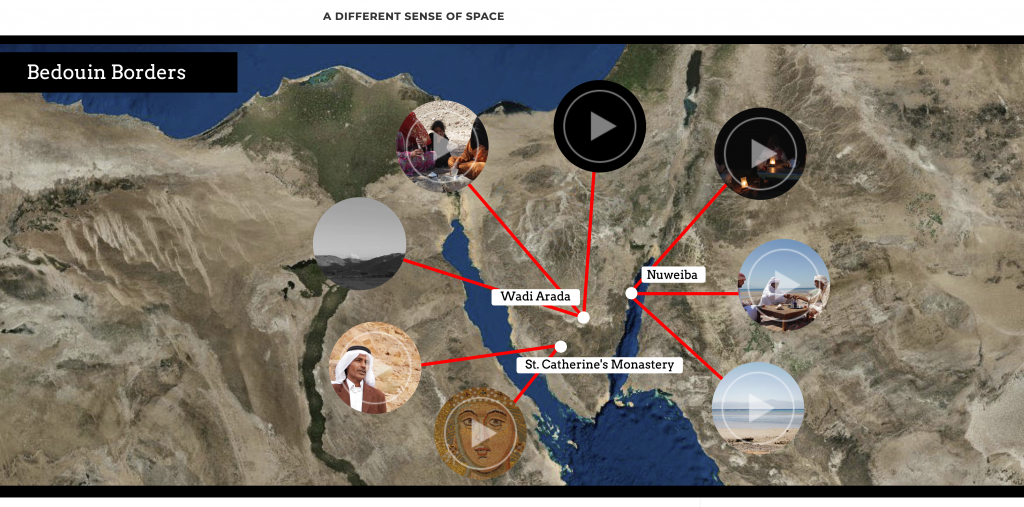Week 2 Situated knowledges: where does knowledge come from and who makes it? (KY)
Section outline
-
This week we will be looking at some of the different ways that geographers approach space and place. With its focus on the environment and landscape geography has always been considered the discipline of 'space' in the same way that history is considered the discipline of time. Traditional geography has written about space in relation to materiality, through recording, measuring and mapping. The shift to exploring more abstract and conceptual notions of space as a means to better understand power, social relations and our place in the world, was heavily influenced by thinkers outside of the discipline, especially the work of French theorists such as Foucault, Lefebvre and Deleuze and Guattari.
Below are the lecture, readings, videos and podcasts to read and watch before the session. There are articles from Thrift on Space and Davis on the prison industrial complex, a podcast of Massey (18 mins) a short video of Massey talking about space and time (5 mins) and a video of Ruth Gilmore (16 mins) talking about her work on racial capitalism. There is also a link to some of my work on Bedouin tribal borders (in progress) as an example of how creative research methods (in this case film-making and crafting) can be used to investigate space and place.
The recorded lecture covers some of the 'history' of space in the discipline and discuss how space is connected to power. We will also consider how spatial theories can help us understand how a sense of space differs across the world and also how race is configured differently across space.
Preparation
1. Space can be hard to define. Can you write down six characteristics you associate with space?
2. We use place of origin as one of the descriptors of our identity (our roots). Write one or two sentences describing yourself in terms of your movement through space/place instead (routes)
-
The recorded lecture covers some of the 'history' of space in the discipline and how spatial theories can help us understand how a sense of space differs across the world.
-
Geographer Doreen Massey wants us to rethink our assumptions about space. In this episode of the Social Science Bites podcast she explains why. Social Science Bites is made in association with SAGE.

Click HERE to download a PDF transcript of this conversation. To directly download this podcast, right click HERE and “Save Link As.”
18 mins
https://www.socialsciencespace.com/2013/02/podcastdoreen-massey-on-space/
10.7 MB -
In this short video (approx. 5 mins) Doreen Massey discusses how space takes a stroll through time.
-

An Antipode Foundation film
Dir Kenton Card (16 mins)
Creative Commons Licence
-
886.5 KB
-
The European Prize for Urban Public Space’ is a biennial prize organised by seven European cultural institutions designed to showcase projects and current thinking around public space.
-

A series of 8 films made by Jessica Jacobs in collaboration with Vitor Hugo Costa (Lisbon) and members of different Bedouin communities in the Sinai, Egypt (crafted maps to follow)
-
The Decolonial Atlas is an online collection of maps that aim to help challenge our relationships with the land, people, and state. It’s based on the premise that the orientation of a map, its projection, the presence of political borders, which features are included or excluded, and the language used to label a map are all subject to the positionality of the map-maker. Because decolonization is a process of unlearning maps we are given and involves the reconfiguration of space, the decolonial atlas volunteers are especially committed to the use of indigenous language revitalization through toponymy – the use of place names.
Their original content is offered for free through the Decolonial Media License 0.1.

-
Khalili, Laleh. 2012. “Introduction” in Time in the Shadows: Confinement in Counterinsurgencies. Stanford University Press, 1 – 10.
109.0 KB -
Davis, Angela. 2003. “The Prison Industrial Complex” in Are Prisons Obsolete, New York: Seven Stories Press, 84 – 104.
1.9 MB -
Alves, Jaime Amparo. 2001. “From Necropolis to Blackpolis: Necropolitical Governance and Black Spatial Praxis in Sao Paulo, Brazil” Antipode, 46:2, 323- 339.
114.6 KB -
1.3 MB
-
821.3 KB
-